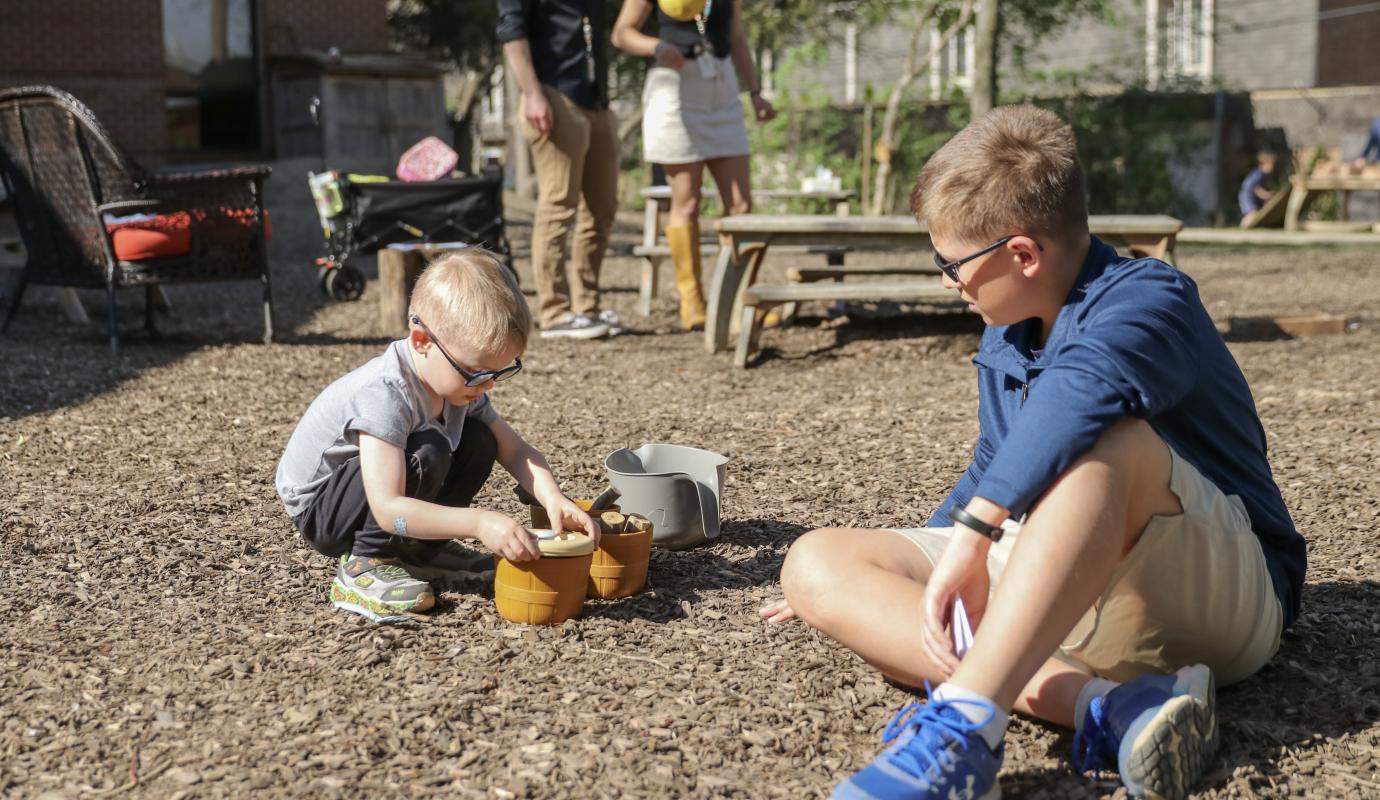On Wednesday, April 23, Wellington middle schoolers participated in a half-day program focused entirely on one thing: learning how to take care of themselves. Part of the division’s LEAP Day programming, Well-being Wednesday wasn’t a pause from academics — it was a critical extension of it. Grounded in research that links well-being to stronger academic outcomes, the event equipped students with tools to manage stress, regulate emotions, and develop healthy routines that support long-term success in and out of the classroom.
"Supporting student well-being during the middle school years is especially important because this stage is a time of immense growth and change — emotionally, socially, and physically," said Nicole Ford, middle school counselor and organizer of the event. "Middle school students are navigating increasing independence, peer relationships, identity development, and academic challenges, all while experiencing rapid brain development. Fostering well-being helps students build resilience, self-awareness, and healthy coping strategies that not only support their current success but also lay a strong foundation for their future."
The sessions reflected the multidimensional nature of wellness. In “Healthy Habits for Sleep,” students learned how rest affects memory, mood, and focus — core components of effective learning. In “Setting Priorities,” they explored strategies for managing time and making thoughtful decisions. Other sessions introduced sensory regulation, mindfulness, and joy, such as building a personalized “dopamine menu” in “Hacking Your Brain for Well-being” or partnering with Wellington’s youngest learners for play-based connection and social growth.
"I hope students left Well-being Wednesday feeling empowered with practical tools to manage their emotions, build positive relationships, and advocate for their own well-being," said Ford. "I want our students to know that their well-being matters and that they are not alone in facing challenges. I hope they gained a sense of belonging, increased confidence in seeking help when needed, and praticed habits that promote balance, self-care, and empathy — skills they can carry with them far beyond middle school."
Research shows that when students feel safe, supported, and capable of managing their emotions, they are more likely to engage deeply in learning and take academic risks. Programs like Well-being Wednesday make space for that kind of growth — not as an add-on, but as a core part of what it means to thrive as a student. At Wellington, helping students succeed means teaching them to care for their whole selves.
